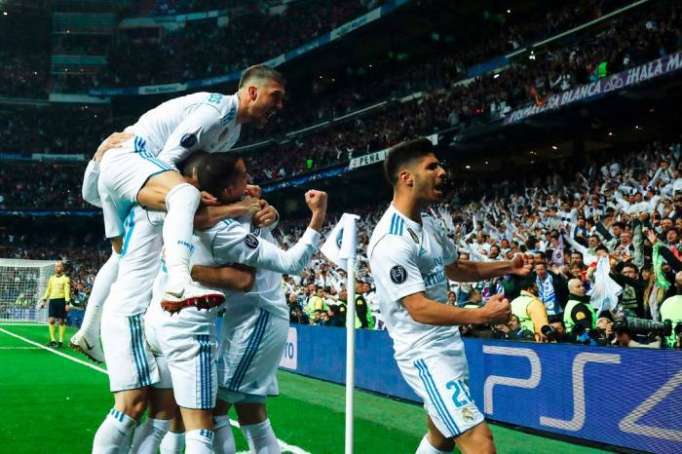As he walked toward the sideline, the club’s coaching staff greeted him warmly, leaning in close to bellow a few words of encouragement, trying to make themselves heard above a noise so loud it buzzed and hummed. It was the sound of a swarm, as Real Madrid’s fans celebrated a 2-2 draw that gave them passage to yet another Champions League final, that annual fixture on their calendar.
When Ulreich reached the dressing room, his teammates and coaches did what they could to lift his spirits: They reminded him that he had had a fine season since being drafted in as Bayern’s goalkeeper when Manuel Neuer, the usual starter, was ruled out for the season — and possibly the World Cup — with an injury.
They told him, as players always do, that no individual bore sole responsibility: Bayern had created a host of chances — not just here, but in the first leg of this semifinal back in Munich last week. It created enough to have made what Bayern Manager Jupp Heynckes called a “blackout” by Ulreich completely irrelevant. It did not finish those chances: not Robert Lewandowski, not Thomas Müller, not Franck Ribery. Everyone shouldered a portion of the blame.
Mats Hummels, for one, pointed out that Ulreich had not cost Bayern a place in the Champions League final, not really, not literally. “We still needed a third goal,” he said. “Without that, there would still have been extra time.”
These are not platitudes; it is all absolutely true, and yet none of it, you suspect, will do much good, will provide much solace, not immediately. Ulreich’s mistake will live with him for some time yet: It was too public, too high-stakes, too ready-made for a GIF format to evaporate quickly.
New York Times
More about:
















































